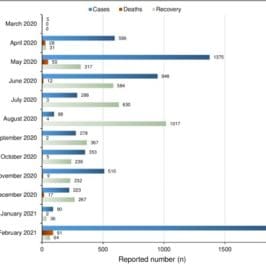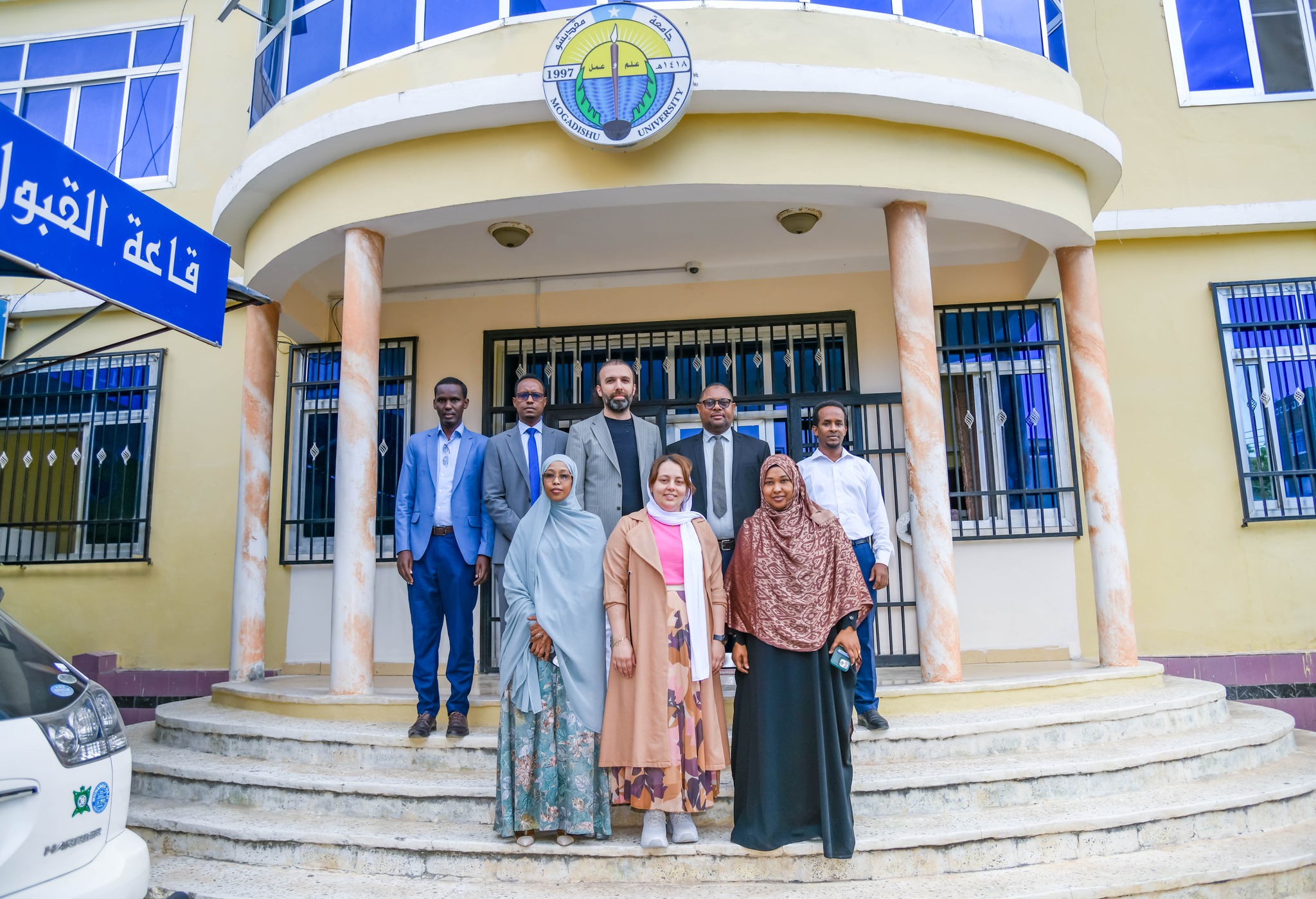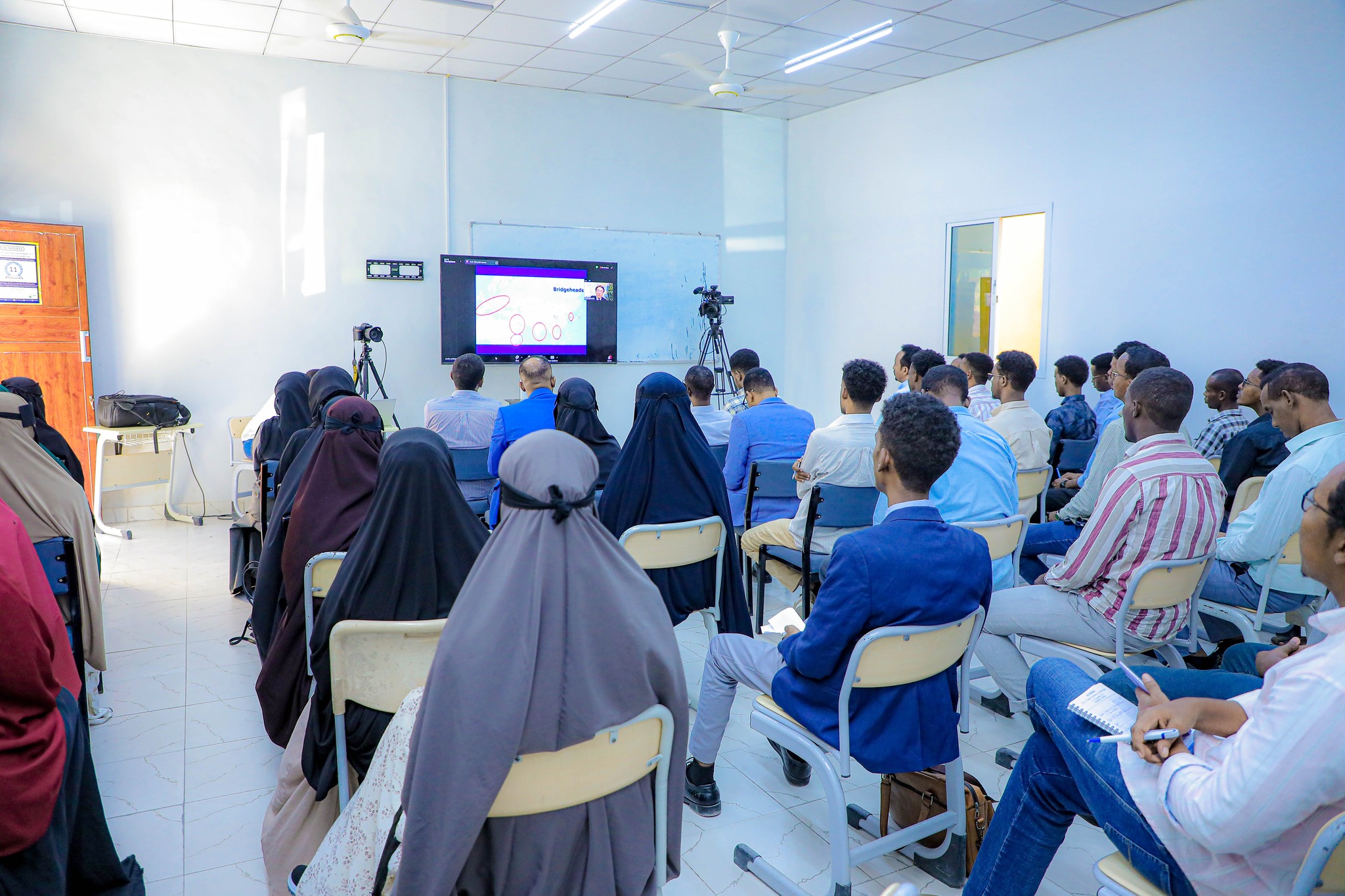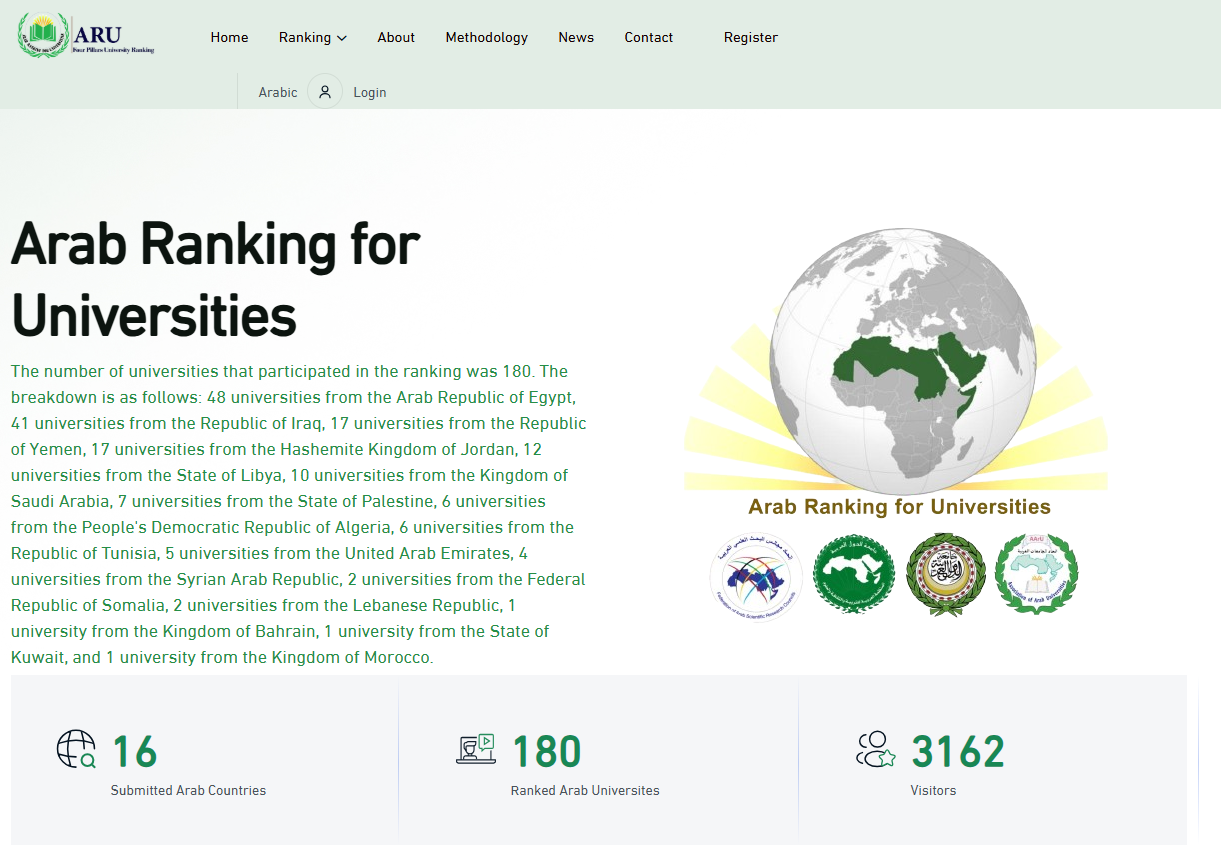Abstract
Following the COVID-19 outbreak in Somalia, strict preventive measures were implemented by the government. We assessed adherence to the government recommendations via two consecutive online cross-sectional surveys between April and July 2020. A five-point adherence score was constructed based on self-reported observance of five preventive measures (physical distancing, face mask use, hand hygiene, mouth covering when coughing/sneezing, and avoidance of touching the face). 4124 and 4703 responses were analyzed during the first and second survey, respectively. The mean adherence score decreased from 3.54 ± 1.5 in the first survey to 3.40 ± 1.6 during the second survey; p < 0.001. More participants experienced at least one flu-like symptom during the second survey (38.2%) compared to the first (16.2%); however, the proportion of positive COVID-19 tests in the first (26.9%) and second survey (26.5%) was similar. The ordinal logistic regression model identified the following predictors for high adherence scores: female gender (odds ratio (OR) = 1.715 (1.581–1.861), p < 0.001); being a healthcare worker/student (OR = 2.180 (2.000–2.377), p < 0.001); obtaining COVID-19 information from official sources (OR = 1.460 (1.341–1.589), p < 0.001); and having postgraduate education (OR = 1.679 (1.220–2.307), p < 0.001). Conversely, obtaining COVID-19 information from social media and residing in urban settings were associated with lower adherence. Targeted and context-specific adaptations of the COVID-19 response may be required in Somalia. View Full-Text






